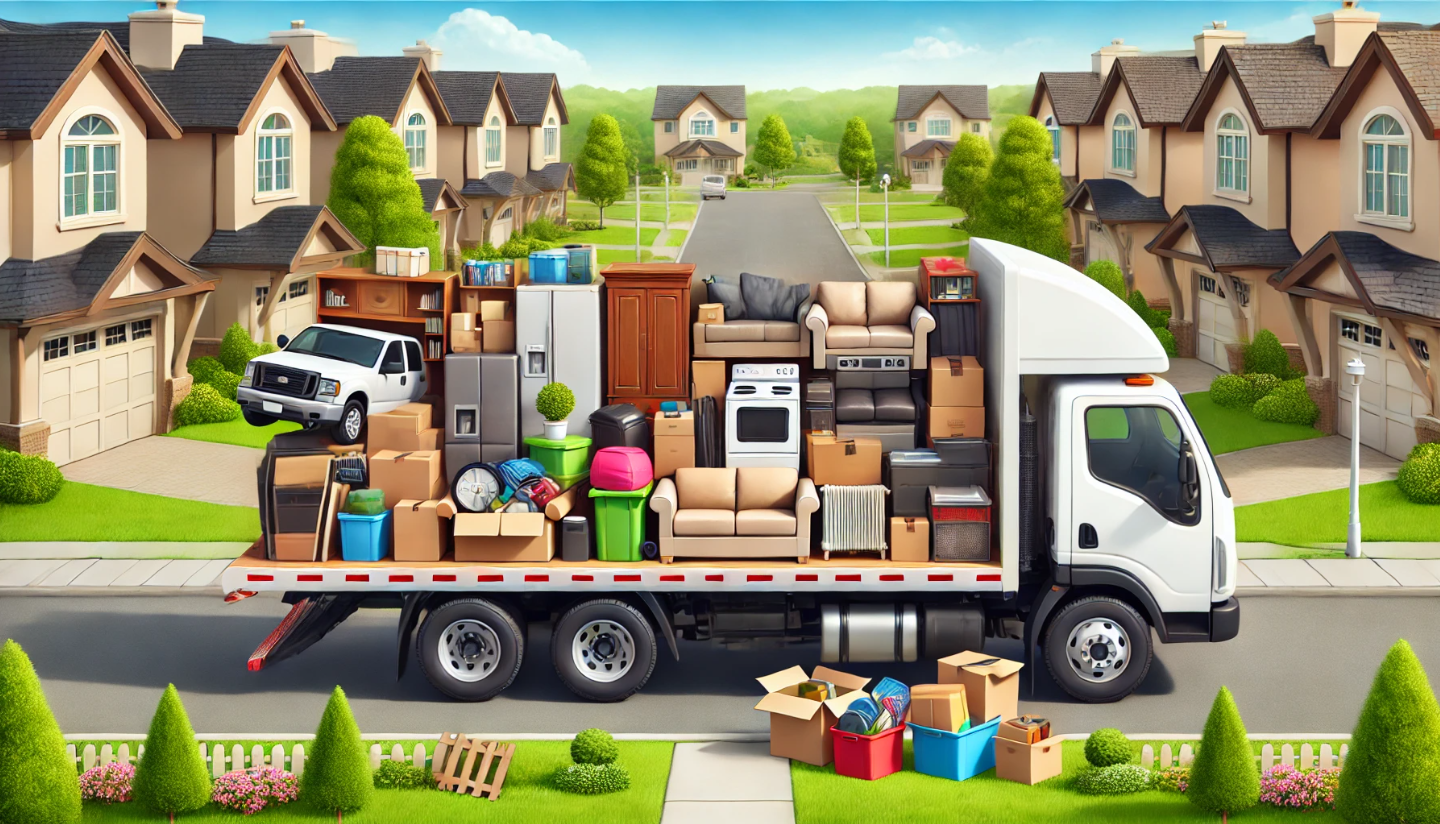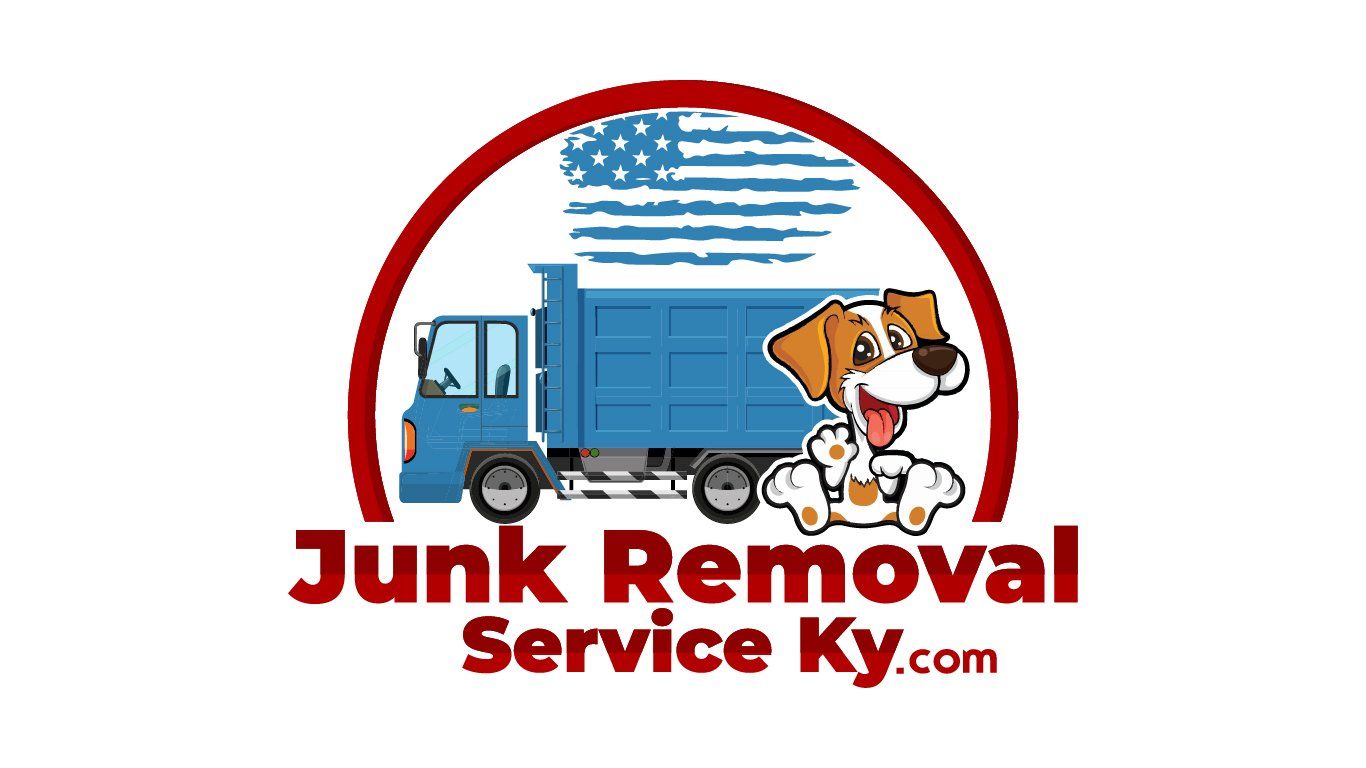
Household Junk Disposal – Simplify Decluttering at Home
Household clutter can quickly accumulate, leaving your home feeling cramped and disorganized. Whether it’s
old furniture, outdated electronics, or general clutter, effective
household junk disposal is the key to maintaining a clean and functional living space. In this guide, we’ll explore practical solutions for managing household waste, from DIY tips to hiring
professional junk removal services.
Why Is Proper Household Junk Disposal Important?
1. Maintain a Safe and Healthy Environment
Removing junk reduces allergens, dust, and potential hazards in your home.
2. Maximize Your Space
Decluttering opens up your living area, making it feel larger and more comfortable.
3. Eco-Friendly Living
Responsible disposal methods, such as recycling and donating, help protect the environment.
4. Reduce Stress
A clutter-free home fosters mental clarity and a sense of calm.
5. Increase Property Value
A well-maintained, junk-free home is more appealing to buyers and renters.
Common Types of Household Junk
| Category | Examples | Disposal Method |
|---|---|---|
| Furniture | Sofas, chairs, tables | Donation, recycling |
| Electronics (E-Waste) | TVs, computers, printers | Certified e-waste recycling |
| Appliances | Refrigerators, microwaves, washing machines | Metal recycling, donation |
| Clothing & Textiles | Clothes, shoes, linens | Donation, textile recycling programs |
| Yard Waste | Branches, grass clippings, leaves | Composting, green waste facilities |
| Toys & Games | Children’s toys, board games, puzzles | Donation to shelters or charities |
Steps for Effective Household Junk Disposal
1. Start with a Plan
Decide which rooms or areas to tackle first, and create a checklist of items to remove.
2. Sort Your Items
Use the “Keep, Donate, Recycle, Trash” method to categorize each item.
3. Research Local Disposal Options
Check your city’s guidelines for recycling, hazardous waste, and bulk item pickups.
4. Hire a Junk Removal Service
For large-scale cleanouts, professional services can save time and effort.
5. Schedule Regular Decluttering
Periodic cleanouts prevent clutter from building up over time.
Eco-Friendly Household Junk Disposal Practices
1. Recycle Whenever Possible
Items like glass, metal, plastic, and paper should be separated and taken to recycling facilities.
2. Donate Usable Goods
Clothing, furniture, and appliances in good condition can help those in need.
3. Compost Yard Waste
Leaves, grass clippings, and small branches can be turned into nutrient-rich compost.
4. Avoid Landfills for E-Waste
Electronics contain hazardous materials; always use certified e-waste recycling centers.
5. Repurpose or Upcycle Items
Get creative by transforming old items into something new and functional.
FAQs About Household Junk Disposal
1. How do I dispose of large furniture items?
Donate usable furniture or schedule a bulk pickup through a junk removal service.
2. Can I recycle old electronics?
Yes, many local recycling centers accept e-waste for proper disposal.
3. What’s the best way to handle hazardous materials?
Take items like paint, batteries, and cleaning chemicals to certified hazardous waste facilities.
4. How often should I declutter my home?
Aim for a thorough cleanout every 6–12 months to stay on top of clutter.
5. Are junk removal services eco-friendly?
Many prioritize recycling and donations to minimize landfill waste

